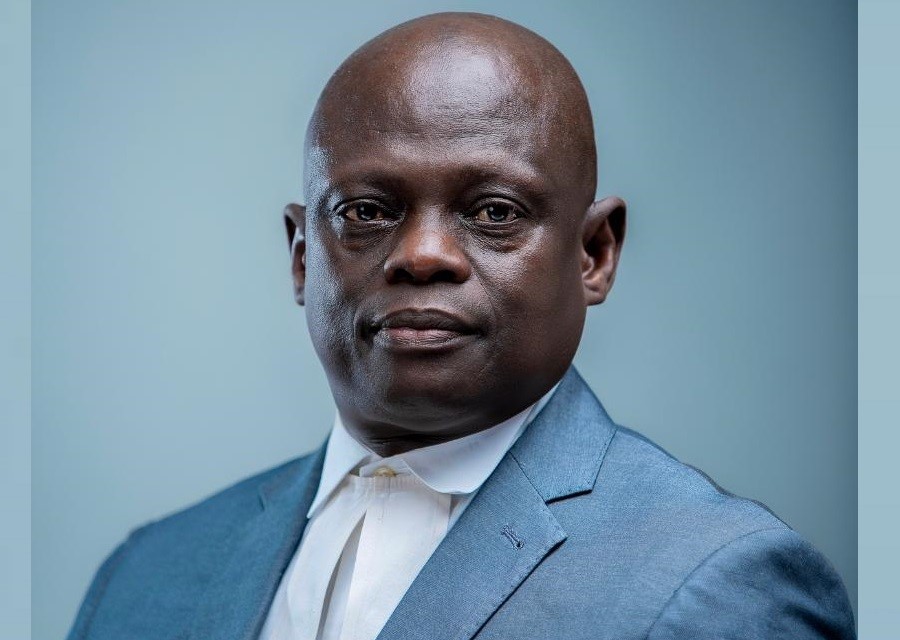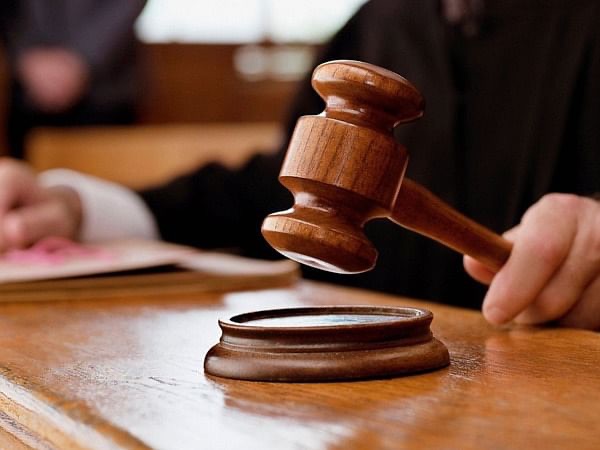By: Nicholas Bass
Justice Ebrima Jaiteh of Banjul High Court on Tuesday overruled the prosecution’s request to have a shoemaker testify regarding the size of two pairs of shoes that were seized from the house of Ousainou Bojang, accused of killing two police officers and wounding a third.
In an attempt to ascertain if the exhibited shoes (P26 & 27) were of the same size, the Director of Public Prosecution (DPP) AM Yusuf, on Tuesday, told the court that the prosecution wanted to have a cobbler in court to test the exhibited pairs of shoes.
Bojang, however, initially admitted owning exhibit p27, white coloured shoe, and the court admitted the same, but he denied owning combat shoes, p26 brown-coloured shoes, which he was accused of owning.
Defence lawyer Lamin J. Darboe, in his objection to the state’s attempt to call a cobbler in court, argued that the prosecution had closed its case and pleaded with the court to overturn the state’s request.
DPP Yusuf argued that the defence initially called an IT mobile expert, wherein the expert unlocked Bojang’s cell phone in court.
In his ruling, Justice Ebrima Jaiteh said that the DPP’s request from the court to invite a cobbler to testify regarding the process of measuring shoes, ‘as it pertains to exhibit p2, ” which is already part of the court record.
Justice Jaiteh stated that the prosecution’s request was opposed by the defence lawyer Lamin J. Darboe because of irregular procedure, citing that the defence argued that the prosecution has closed its case, ’emphasizing the defence’s case at this juncture’.
”The request to invite a cobbler to testify at this time is not permissible in its current form, ’Justice Jaiteh said.
Justice Jaiteh stated that should the prosecution wish to pursue this line of inquiry further, it is advisable to ”submit a formal application supported by relevant legal provisions,” adding that such an application should outline the justification for such testimony in a manner consistent with established criminal procedure.
According to the trial Judge, such, if done by legal provisions, will give room for the court to consider the ”matter properly ” to ensure that all parties are given a fair opportunity to respond.
In his conclusion, Justice Jaiteh said that adherence to procedural rules is ”vital in maintaining the rule of law and ensuring the equitable administration of justice.”.
He further stated that all is aimed at protecting the rights of the accused which reinforces public confidence in the legal system, and upholding the integrity of the judiciary proceedings.





